|
As a community we are trying to reduce contact to slow the Covid-19 pandemic spread. Part of the plan of action we are all living through is the reduction of the workforce down to what The State calls "essential services." The essentials of landscape maintenance have been difficult for many to agree upon and in the process of this dialogue I hope to have the time to share some quick notes and articulations.
To contextualize "the essentials" of landscape, We first need to understand the landscape as an ingrained infrastructure of the city and developed space. I think most see and believe the soft green spaces of our towns and cities as "nature" - Even many landscapers think of this as bringing a little nature to the city - Which we are, as a poetic metaphor, But it isn't nature. Nature is wild. Nature is "Wildness" And in the city the work of the "landscaper" (and associated professions) is to "Control" with planned outcomes (by human design). We know this when we start to think of our own gardens and landscape. If we don't attend to our lawns, they become meadows. If we don't tend to our gardens they are over taken back by native and invasive plant species. But when we step back and look at our town or city All of these lawns and gardens Hell Strips and street trees Parklands and "nature preserves" All these little bits and pieces add up to be the dominant medium composing the material matrix of the city. And so in limiting our works to the essentials only What practices need to be done to maintain the city's infrastructure? From the landscape point of view I don't think we can really weigh in to say what is or isn't "essential." What is our responsibility is to help render the values associated with the landscape So everyone together can have an informed dialogue about what is most essential to us. Again, I hope I can find the time in all of this to consider "the essentials." I’m honestly not sure, but I believe I bought my house in 2013. I try to locate this in time moving backwards in my recollection seasonally. Last year, in 2018, I made few changes to the garden as Buffalo Horticulture was so busy it left me no time. I did add some round forms - Boxwood and Yews - to the front as the lack of structure was making me crazy. In 2017, again in a move towards structure, I added a collection of woody shrubs to a garden with a proportioned rectangular geometry but no mass to command space: Lacking mass as in the previous two years I had added three large beds as I had taken a love and interest in growing cut flowers. Before this - and here is where my memory gets somewhat fuzzy - there wasn’t really gardening. The work for the first two years I owned the house was in reclaiming a yard that had been taken by weed trees - Norway Maple and Buckthorn - that are so common in the city, spontaneously germinating in cracks, edges, and fence lines. The backyard was a dark cave. Bare soil as so little light penetrated. Secondly, the longest foundation wall of the house was buckled in and needed to be tore down and rebuilt and so up came the broken up concrete driveway as 1/3 of the sites green space was to be dug down to five foot depth to accommodate construction access to the foundation wall. And as everything was put back together we resolved a common drainage issue as the back doorsill is only one inch above city sidewalk height, sixty feet away, and not enough slope to allow the water to drain off. This was how it started. Having just begun reading what is supposed to be an classic garden writing book - “We Made A Garden” by Margery Fish - I’ve thought it may be nice to start writing some of my own garden’s story. But there is so much to tell that for now the best I can get together is this short introduction so I can put out some short bits and pieces on all the details, people, and places it followed me through. I use the term "Value" often (always). It is versatile. It speaks of emotion, ethics, and the domestic. Family Life - or how we live everyday. It does this speaking simultaneous with "price" and "cost." ... It doesn't make it directly into the blog very often but on the Project Buff Hort 'Gram page you will see images and engagement with what I call "The Buff Hort Life" or "The Floral Life." This work is The Buffalo Horticulture Project and is inseparable from Buffalo Horticulture because to think about landscape and gardens is to think about and imagine ways in which we may wish to live. Ways in which we live are economic at their core and impossible to consider outside of dialogue with "The Market." When we make our homes as part of the dreams we try to make real we are doing so with what is often our largest financial investment - And so landscapes must be considered as a back and forth between how we live and how we invest - "Value." ... Yesterday, Erin sent me a list (I'd like to think she sent it as a valentine, inviting me on tour) "100 Gardens to Visit Before You Die." And it stimulated this whole thing. She works with florals and I with landscape and gardens. I think at first glance it is imagined we are part of this field, assembled and attached through our work - like one is to their home. But I see one's work as "What it is in dialogue with" and none of these 100 greatest gardens, at least as they are presented to me, are in consideration of how we live or how we may value them. It is a different field of work. A different form. A different art. Different rubric, another consideration and conversation - My work is a back and forth between living and value - recognizing the inseparability of living process, production, magic, and value. Its a funny life. For all of time, this work, well, until social media, it was just something I did that was hidden away in people's back yards. It was pretty lonely. And even still, I was driving home from Cortland the other day, talking with 'Junior' and he got serious with more for a second, looked at me and said, "I'm just not really sure what it is that you do. Like. What is Buffalo Horticulture exactly?" A while later, as Junior napped in the passenger seat, I saw on the right side of the thruway, a slope that had been bulldozed to the appropriate angle of repose and planted entirely with Little Bluestem - Little Bluestem, of course, because it is seen as a native and "natural" - planted on a perfectly angled slope at a bridge cutout, obviously man made... "Junior. You see, everyone fetishizes nature, always, so much. Buffalo Horticulture, ya' see, Yes, I design, build, and care for landscapes and gardens But, to me, they are urban They aren't nature. I mean - Ecologies, birds, wildlife, green infrastructure, These are real things we consider But nature is a different thing. We don't make it. Soil, plants, concrete, turf grass - these are materials And when I'm doing my work..." "Look this up on your phone: 'Josef Albers United Nations window design" "You see. When I'm working, I'm not looking at that..." Pointing out to the wetland meadows along side of "The 90" between Leroy and Batavia "...I'm thinking with images like this one from Albers of a window he designed." Junior scrolled through his phone. The window sketch never came up in "Images" Just endless versions of Albers' "Homeage to the Square." "Yeah. I mean. That not what I'm talking about, But... Yeah. We can look at that one too." It just seemed so complicated. I kept trying to write these heavy and sophisticated essays as blog posts But it was too much to articulate and communicate understandably. And so maybe this blog at times should aim to be more journal like Just to capture process and everyday work Ways of thinking and being Demonstrating the value. For the first time in forever I have been able to make reading a part of life again. Generally before 6AM With coffee and in the evening between dinner and bed with a pot of camomile tea and a melatonin. Sleeping is difficult. For nearly five months (with some off days here and there) I've weighed every bit of food and track it on an app - "MyMacros+" All with the intention of being the best runner I can be (Its a better life for me, discipline and "other work). The kitchen has become an intensely productive space where I spend most of my domestic time. I've moved a chair from the living room in and I sit there; its where I eat and now read, under the swivel arm lamp of the work counter for hours each day. Its quiet here. For the most part, no one is around. Although, my cat can be annoying. On Instagram I've been following publishers as much as gardeners or architects And this had led to a steady flow of new reading material Of which all seem to overlap in purpose addressing work, creativity, labor, art, architecture, representation, process, or alienation, But the textual collaborations and overlaps assembled prove too complex for "the blog." It is Friday, January 11th. My daily task lists are still unrelenting. The work to do before March begins is more daunting than a production day in May. I can't find a day of rest. This morning's alarm went off at 4:15AM I wanted the reading time before meeting "the suits" for a run at 5:45. I drank three cups of coffee before leaving and spent the morning later on trying to write an essay that was too complicated Because in addition to my morning's reading there is "daytime reading" that is directly about gardens and landscapes. And - its just not good enough. |
Matthew DoreLandscape designer and Proprietor of Buffalo Horticulture Archives
April 2020
Categories |
Telephone(716)628.3555
|
|
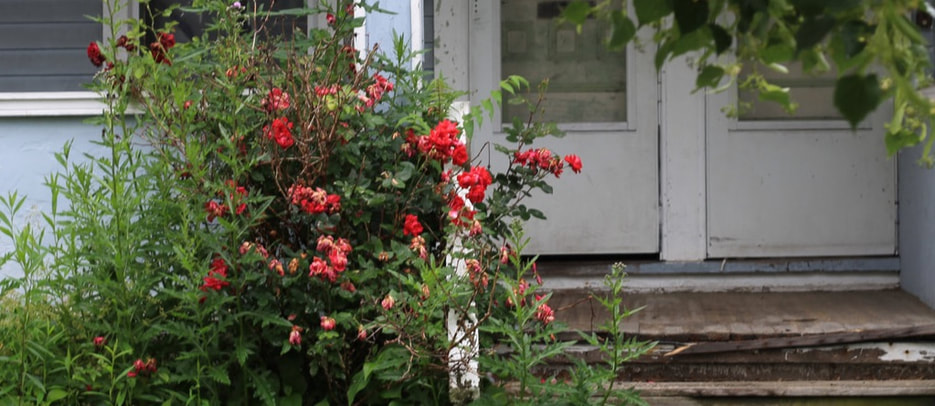
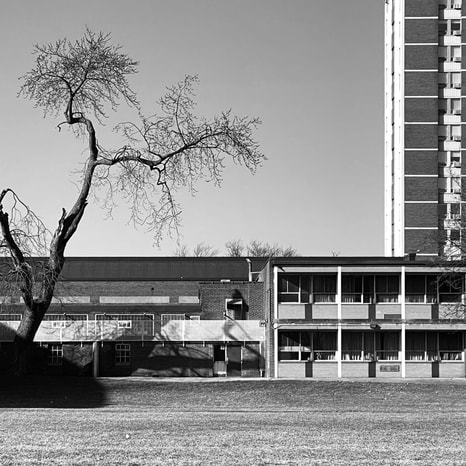
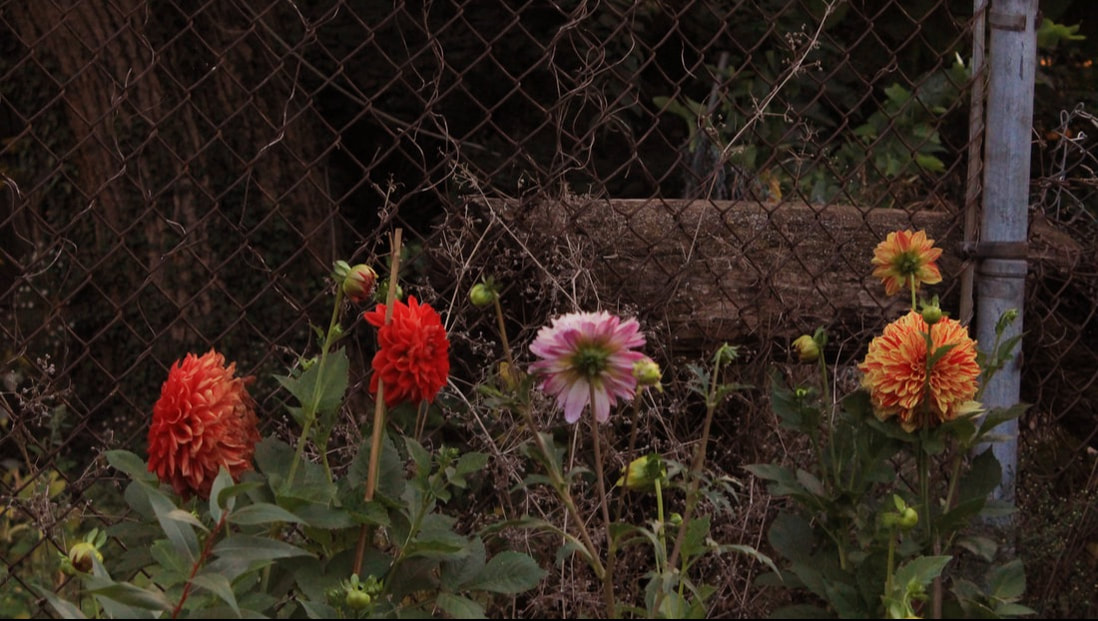
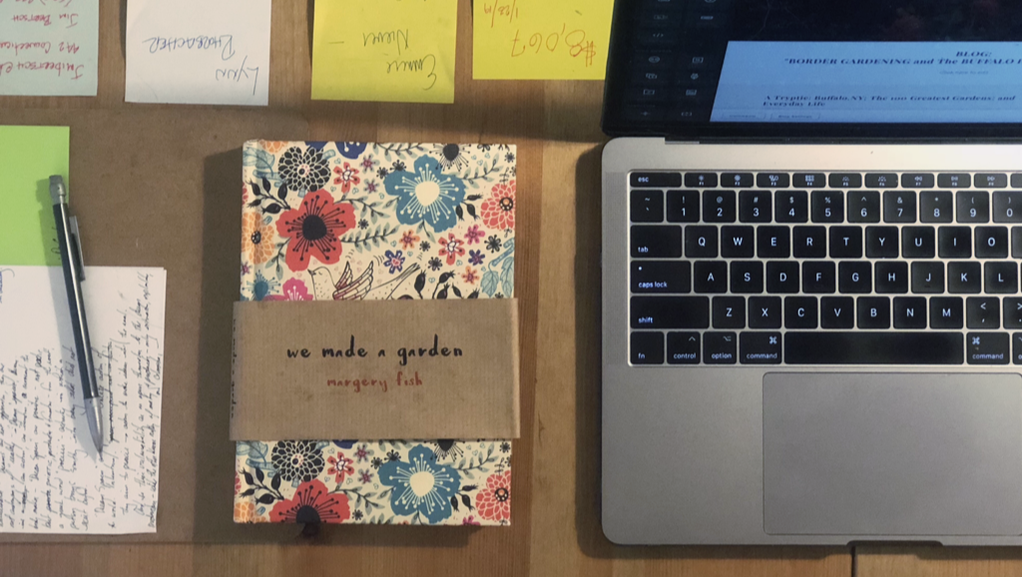
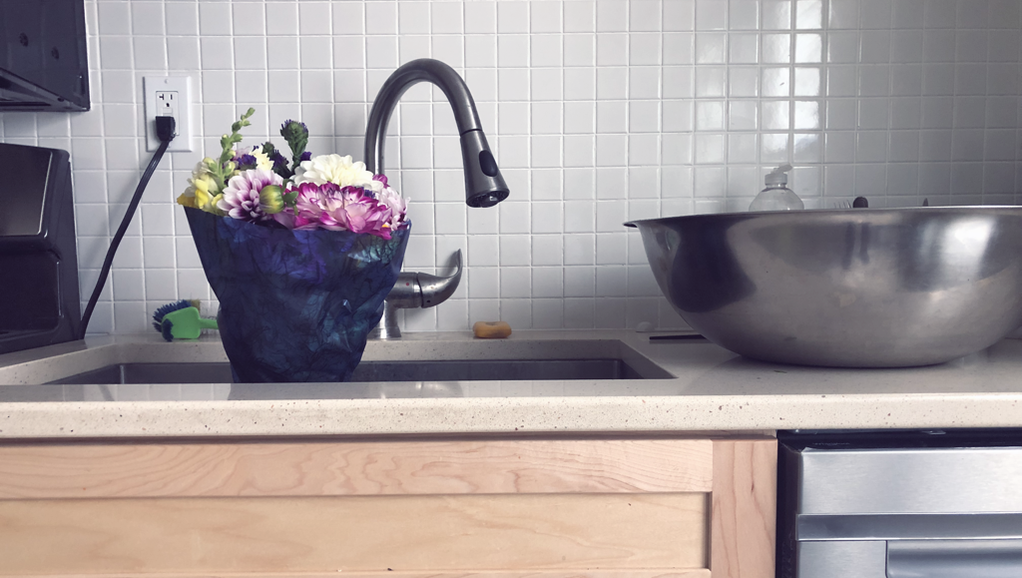
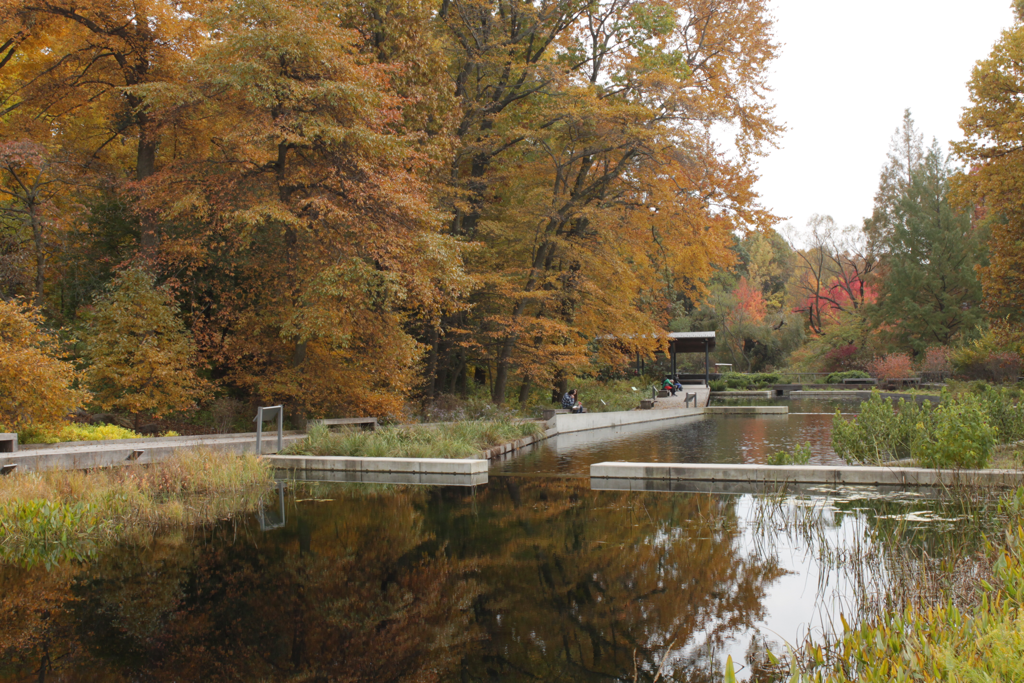
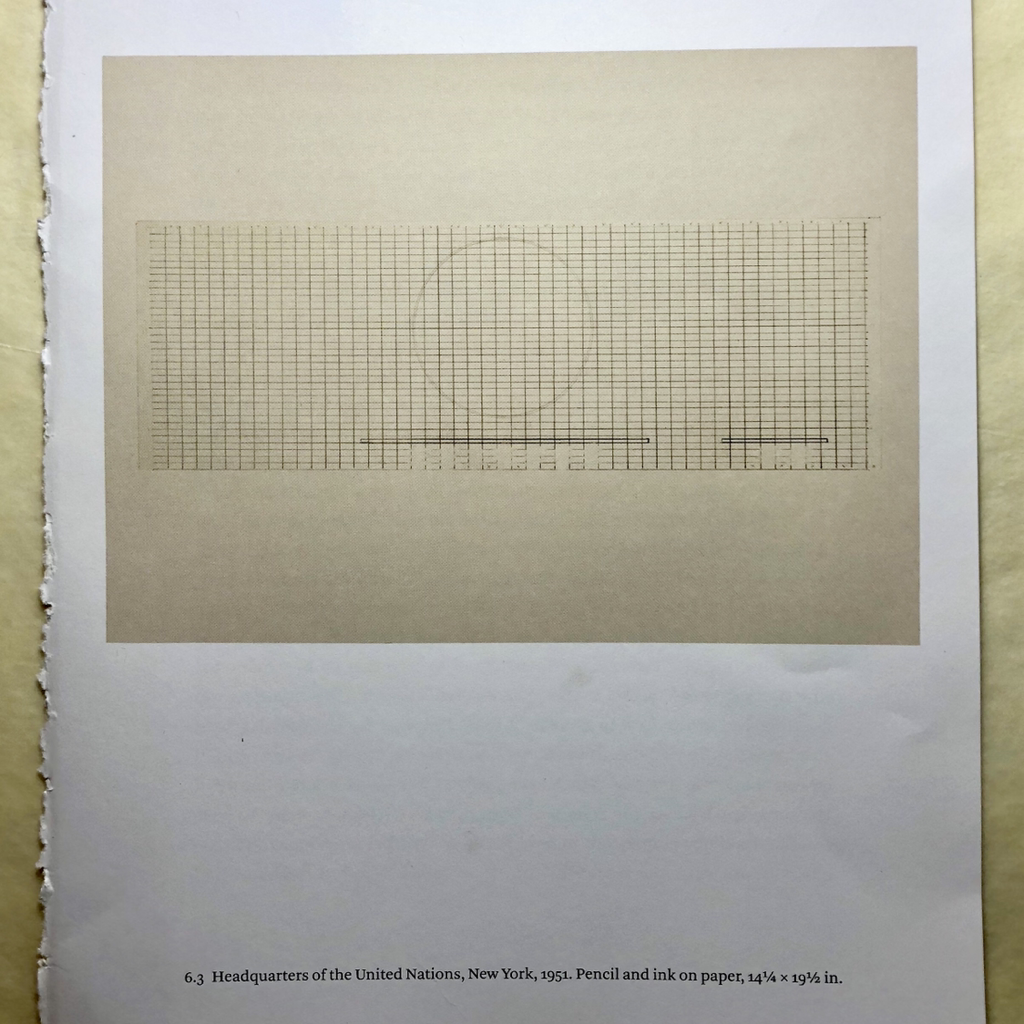
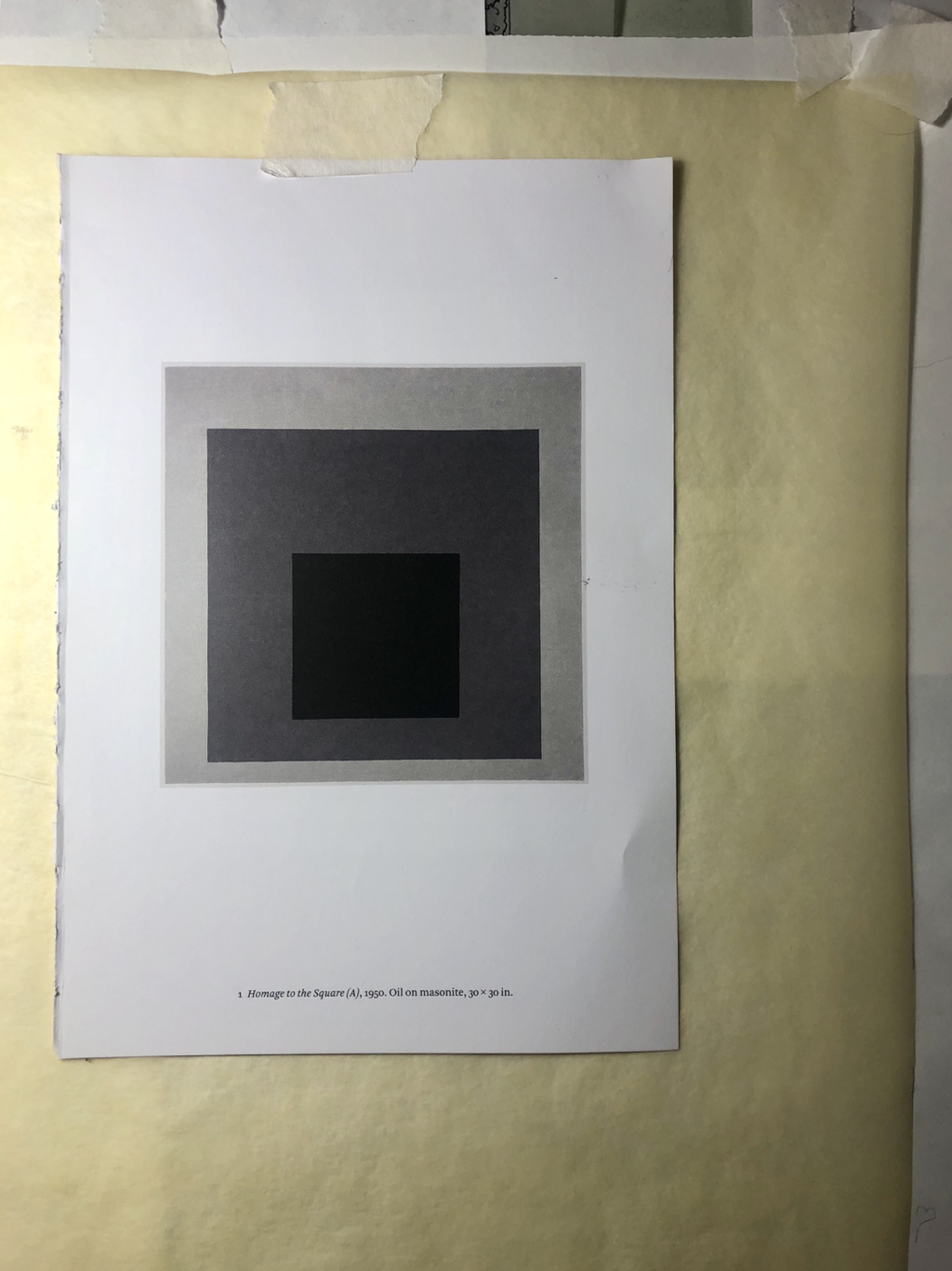
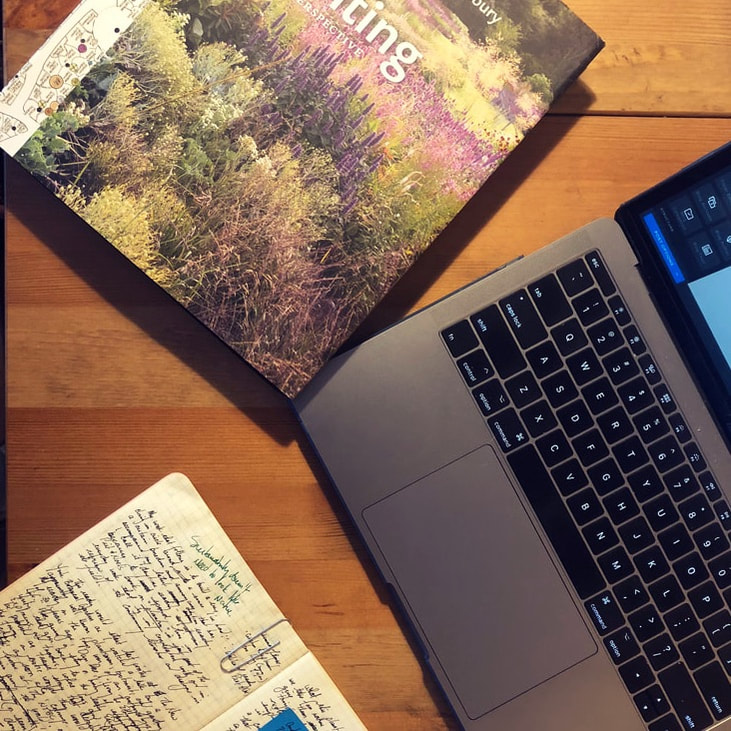
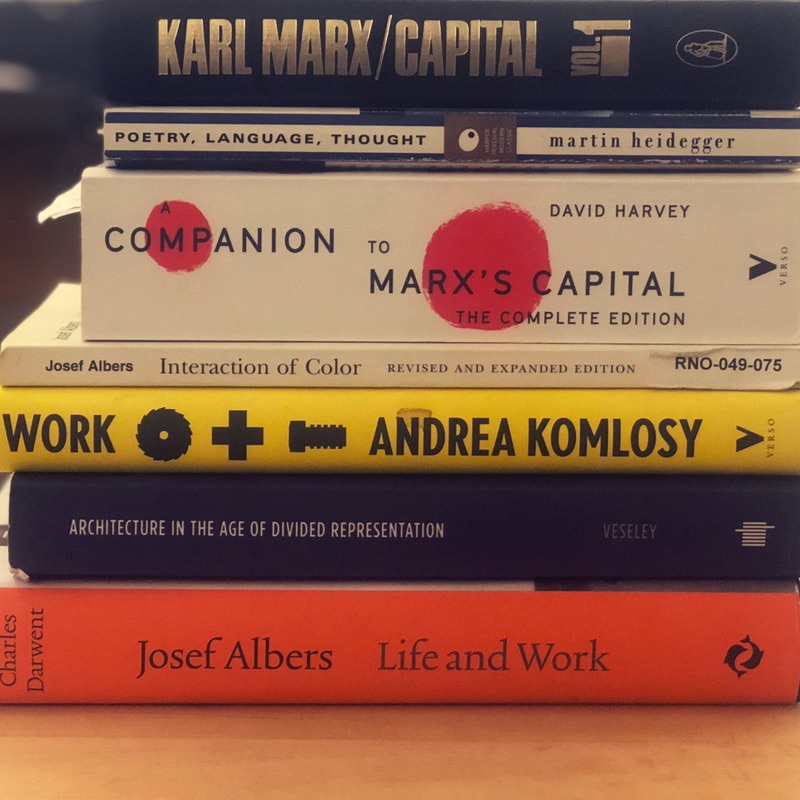
 RSS Feed
RSS Feed